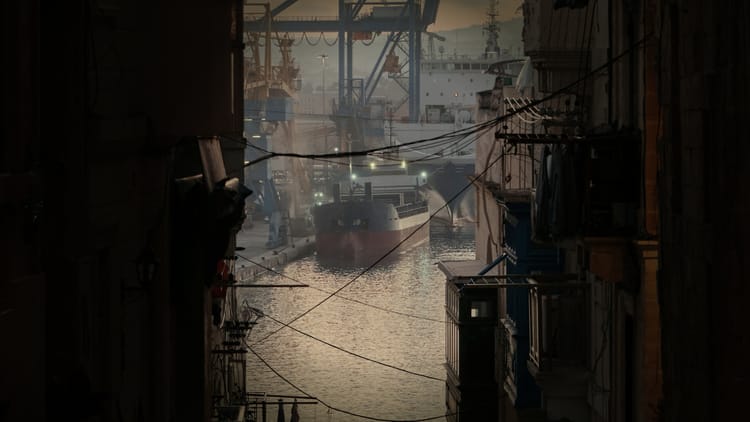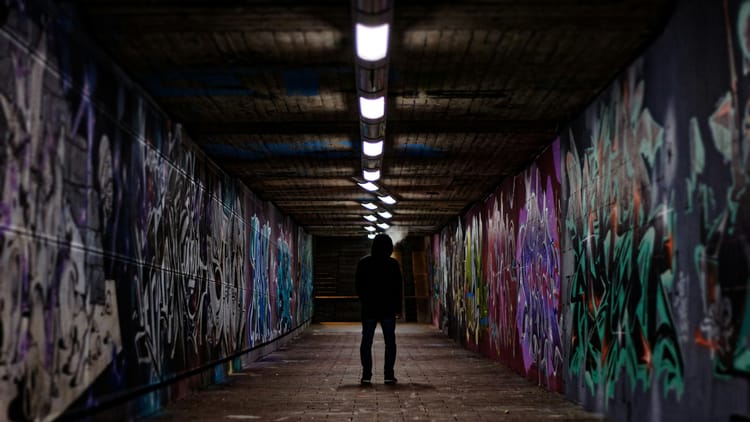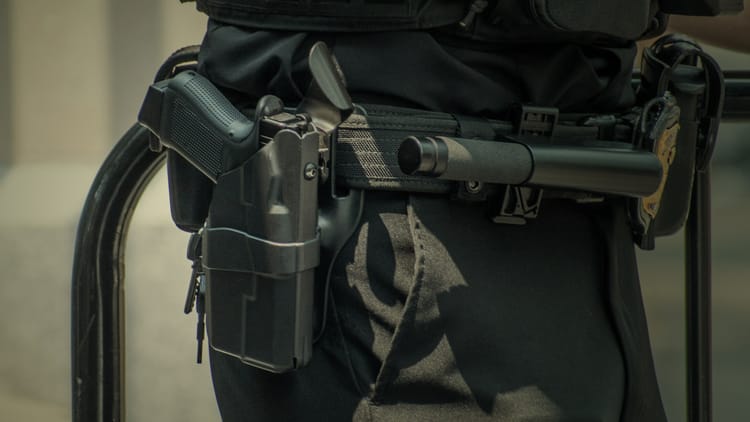Connections

For anyone who’s never experienced financial repression, it might sound like something from another dimension. In the U.S., Canada, Europe, and the broader democratic world, people may think a lot about finance, and they may think at least occasionally about repression, but the idea of “financial repression” is, still, generally alien. The Nicaraguan dissident Félix Maradiaga says this of it: “When we talk about financial repression, we’re talking about the systematic destruction of the things that give people dignity and independence in their lives.” It’s an evocative description of an otherwise almost unimaginable condition.
“Financial freedom,” on the other hand, has some currency. Which is usually about having opportunities, making decisions, or taking actions that can enable us and our families to flourish—to do more of what we want in life, with fewer obligations to unwelcome labor and a lower risk of financial setbacks becoming sustained adversity. It seems intuitive that there’d be a connection between the phenomenon of financial repression in dictatorships and financial freedom in democracies. But what is it?
Justin Callais is the chief economist at the Archbridge Institute and the editor at large for The Signal. Callais says the clue is right there in Maradiaga’s description of financial repression as he experienced it: The purpose of the “systematic destruction of the things that give people dignity and independence in their lives” isn’t just to crush dissidents specifically; it’s to incapacitate people generally. It’s to prevent them from cultivating a systemic threat to dictatorship—what their everyday counterparts in democratic life mean by financial freedom: the capacity to flourish …
John Jamesen Gould: Is there anything comparable in the democratic world to the kind of financial repression people experience in dictatorships?






